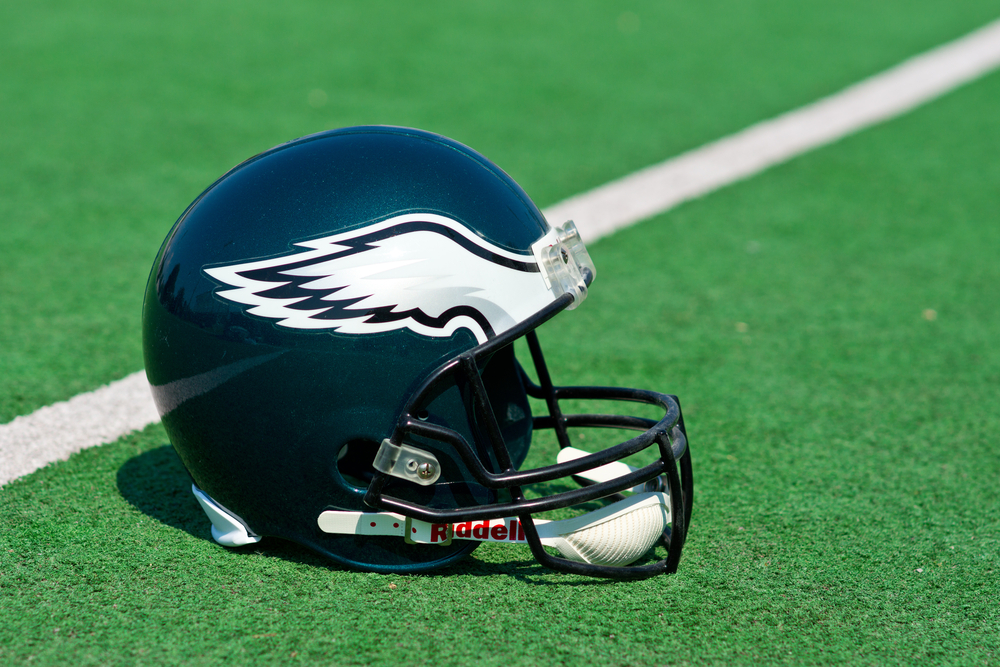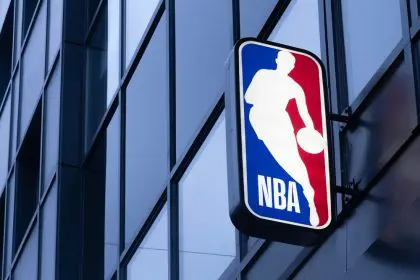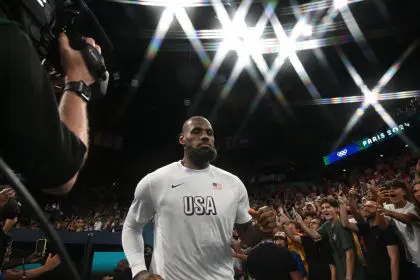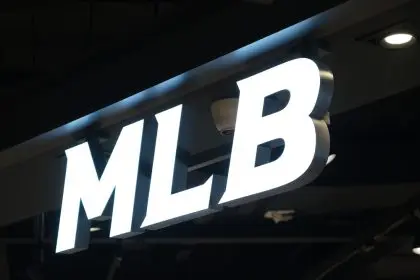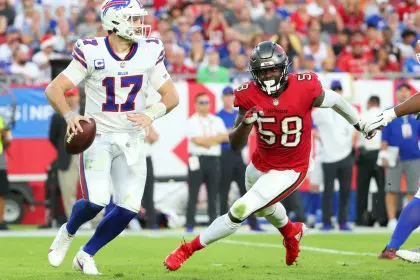Philadelphia’s statement resonates during Black History Month
A tradition abandoned
Standing on principle over protocol
The Philadelphia Eagles have once again chosen to forgo the customary White House celebration that typically follows a Super Bowl championship. In a move that echoes their stance following their previous title, the team unanimously declined an invitation from President Donald Trump, creating waves across both the sports and political landscapes.
This decision, coming during Black History Month, carries particular significance for a team with a predominantly Black roster based in a city with deep African American cultural roots. The symbolism has not been lost on observers from various sectors, who view this as more than just a scheduling decision but rather a deliberate political statement.
The Eagles’ refusal represents a growing trend among championship teams who have reconsidered the once-automatic White House visit, transforming it from a celebratory formality into a platform for expressing values and principles.
Divided fanbase
Support and criticism split along political lines
The fallout from Philadelphia’s decision has revealed deep divisions within the team’s fanbase, mirroring the broader political polarization affecting American society. Social media platforms have become battlegrounds where supporters and critics wage digital warfare over the meaning behind the team’s choice.
Many supporters have praised the Eagles for what they perceive as moral courage, viewing the decision as an extension of the team’s commitment to social justice. These fans see the declined invitation as consistent with Philadelphia’s community values and the personal convictions of many players who have been vocal about social issues throughout their careers.
Conversely, a significant contingent of fans, particularly those aligned with Trump’s political base, have expressed deep disappointment. These supporters view the decision as unnecessarily political, arguing that championship traditions should transcend partisan differences. Some have gone further, threatening to withdraw their support and describing the move as evidence of political correctness overriding respect for the presidency.
Team merchandise sales have shown little impact from the controversy thus far, suggesting that while opinions may be strong, the commercial relationship between the Eagles and their fanbase remains relatively stable.
Locker room unity
Behind closed doors, a consensus emerged
Sources close to the organization reveal that the decision didn’t come without substantial internal discussion. In a series of meetings following their championship victory, players, coaches, and executives debated the implications of accepting or declining the White House invitation.
What began as a potentially divisive conversation ultimately resulted in a unified position. Veterans on the team who experienced the 2018 decision provided perspective, while newer players brought fresh viewpoints to the table. Team leadership emphasized that individual players would be supported regardless of their personal stance, but the collective decision would reflect the majority sentiment.
The Eagles’ front office maintained a policy of not publicly discussing the specific content of these meetings, instead issuing a brief statement acknowledging the declined invitation and expressing gratitude to their supporters.
Historical context
A pattern of principled positions
This isn’t the first time Philadelphia has declined a presidential invitation. Following their Super Bowl LII victory in 2018, the team similarly opted not to visit the Trump White House, a decision that resulted in their invitation being rescinded after it became clear that only a small delegation would attend.
The Eagles aren’t alone in this stance. Several championship teams across different sports have either declined White House invitations or had individual players abstain during the Trump administration. This pattern represents a significant shift from previous decades when such visits were largely viewed as apolitical honors regardless of which party occupied the executive branch.
Sports historians note that the politicization of championship celebrations accelerated during the Trump presidency, with athletes becoming increasingly comfortable using their platforms to express political viewpoints. This transformation reflects broader societal changes in how public figures engage with political issues and the expectations placed upon them by fans and sponsors.
Community response
Philadelphia embraces their champions’ choice
While national reaction remains mixed, local Philadelphia response has skewed supportive of the team’s decision. Community leaders have praised the Eagles for representing the city’s values, with several local politicians publicly backing the move.
Local businesses have capitalized on the moment, with some restaurants and bars offering “White House-free” championship celebrations. T-shirts commemorating the decision have appeared in shop windows throughout the city, many featuring designs that subtly reference the political statement without directly mentioning the presidency.
The city’s relationship with the Eagles transcends politics for many residents, who continue celebrating the championship regardless of the team’s post-victory itinerary. Still, community organizers have noted that the decision resonates particularly strongly in predominantly Black neighborhoods where support for the current administration registers at historically low levels.
Broader implications
Athletes as political actors in modern America
The Eagles‘ decision highlights the evolving role of professional athletes in American political discourse. No longer expected to remain neutral on controversial issues, players and teams increasingly face pressure to take positions on matters extending far beyond the playing field.
This transformation reflects generational changes in how athletes view their responsibilities. While previous eras often emphasized avoiding controversy to protect endorsement opportunities, today’s players frequently prioritize authenticity and advocacy, even when doing so might alienate certain segments of their fanbase.
Sports marketing experts suggest this shift parallels broader consumer expectations, particularly among younger demographics who increasingly support brands that align with their values. For teams like the Eagles, decisions about political engagement increasingly influence their brand identity in ways that extend beyond win-loss records.
Looking forward
Setting precedents for future champions
As the Eagles move into their offseason following this controversy, the implications of their decision will likely influence future championship teams facing similar choices. The normalization of declining White House visits represents a significant evolution in how sports and politics intersect in American culture.
Whether this trend continues depends largely on future administrations and their relationships with professional sports. Historical patterns suggest that such controversies often reflect specific presidential personalities rather than permanent institutional changes.
For the Eagles, the focus now returns to football as they prepare to defend their championship. Yet their off-field decision may ultimately become as much a part of their legacy as their on-field triumph, particularly for a generation of fans who increasingly view sports through a sociopolitical lens.
The controversy serves as a reminder that in contemporary America, even celebrations can become political statements, and traditional honors can transform into moments of principled decision-making with far-reaching consequences beyond the game itself.

